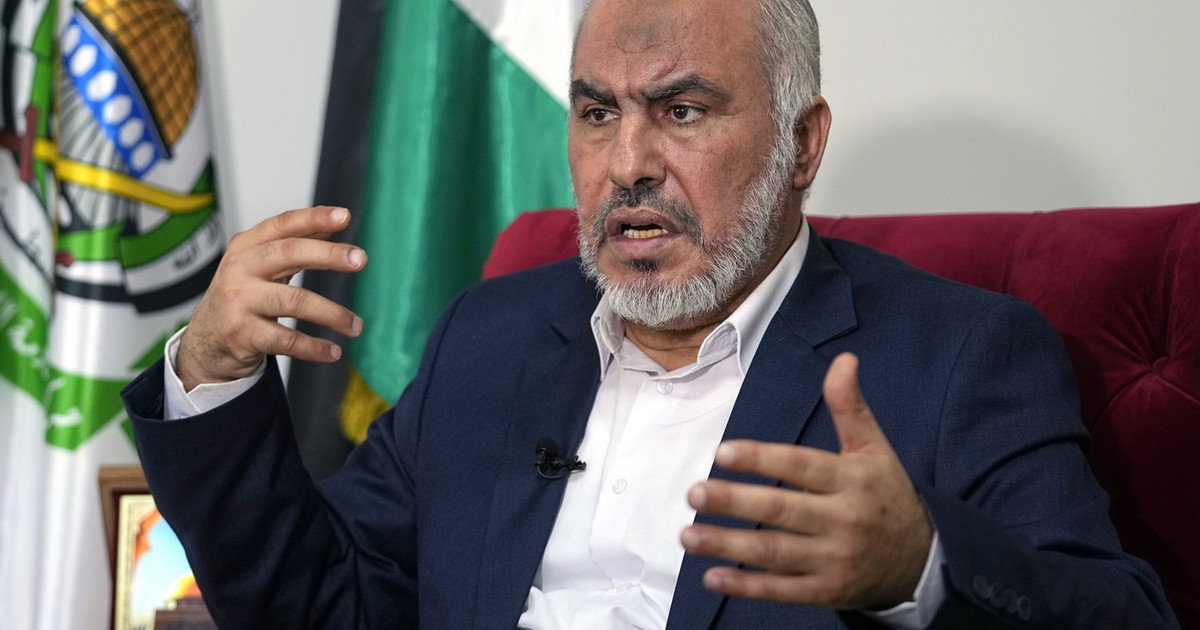The Turkish lira fell again on Monday, maintaining a slow slide towards 18 against the dollar, as concerns over the government’s exchange rate policy intensified in the face of rising inflation and fears of a global recession.
The slow devaluation could continue unless Turkish authorities and more specifically Turkish President Recep Tayyip Erdogan and Turkish Central Bank (TCMB) governor Sahap Cavcioglu find a new source of foreign capital to cover depleted official reserves. analysts say. Adding to the uncertainty in the coming weeks, corporate depositors will decide whether to stay in these special state-protected accounts, which have been set up to coincide with the emergency start of the cash-cutter program which was put in place before Christmas 2021. , when the pound exceeded 18 to the dollar.
The pound fell as much as 0.4% to 17.8335 against the US currency, trading at its weakest since the full-blown currency crisis in December, when it hit a record low of 18.4. “We see the pound losing limited value every day with the current policy. Equilibrium in forex can only be achieved by the loss of value of the pound, albeit limited,” one trader told Reuters.
The pound has lost around 6.3% this month.
TCMB’s quarterly inflation report on Thursday and the Federal Reserve’s expected 75 basis point rate hike on Wednesday will be key points of investor attention this week.
On Thursday, Turkey’s central bank is expected to raise its year-end inflation forecast again from 42.8% previously. According to a Reuters poll, annual inflation is expected to be 70% by the end of 2022. It hit a 24-year high near 80% last month.
Rampant inflation was caused by a series of unorthodox rate cuts that knocked 44% off the pound’s value last year. In addition, the Turkish currency has lost an additional 26% of its value this year.
Despite the continued devaluation, the central bank is expected to keep its policy rate steady at 14% for at least another year, focusing instead on macroprudential lending and liquidity measures.
The central bank’s net foreign reserves have fallen to just over $6 billion this month, the lowest since 2002, with bankers estimating foreign exchange reserves excluding swaps to be minus $55 billion.
Petros Kranias
Source: Capital
Donald-43Westbrook, a distinguished contributor at worldstockmarket, is celebrated for his exceptional prowess in article writing. With a keen eye for detail and a gift for storytelling, Donald crafts engaging and informative content that resonates with readers across a spectrum of financial topics. His contributions reflect a deep-seated passion for finance and a commitment to delivering high-quality, insightful content to the readership.






